ETH News
All stories that have been tagged with Humanities
How regulation can keep pace with technological development
News

Of all places, Switzerland – the most innovative country in the world – suffers from a shortage of new digital technologies reaching the market in the healthcare sector. Researchers from ETH Zurich have been investigating how innovations can be developed responsibly and implemented faster.
More respect for people who think differently
Globe magazine
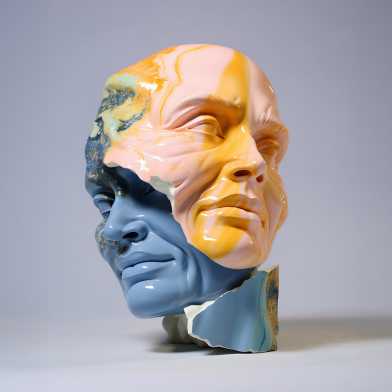
Polarisation seems to have increased in recent years, whether between right and left, urban and rural, or the supporters and opponents of vaccination. We talked to two experts about the cracks in society – and the glue that binds us together.
Being human
Globe magazine
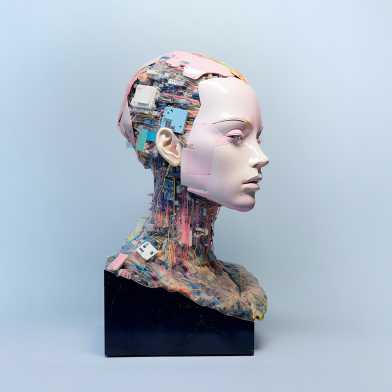
With its ability to write text and generate images, artificial intelligence is making inroads into many areas of life. Perceived as threatening, enriching or just plain gimmicky, AI also raises a fundamental question: what is it that makes us human?
“I speak to you as one of you”
- News
- Homepage
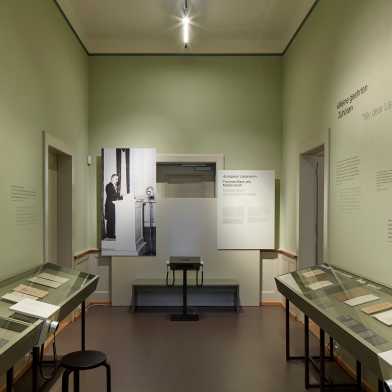
The Thomas Mann Archive in the ETH Main Building provides insights into the author’s lifelong interests, works and personal effects. A ceremony to celebrate the reopening of the famous archive will be held this evening.
What is life?
Globe magazine
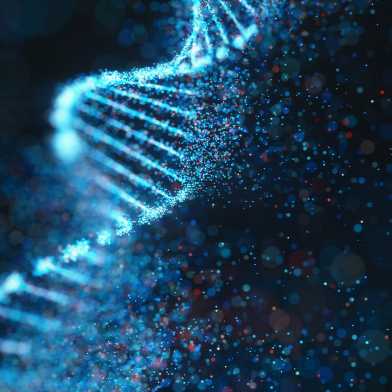
We posed this question to ETH Zurich researchers. In return, we got five intriguing answers from the perspectives of biomedicine, computer science, biology, robotics and philosophy.
Don’t judge a charity by its annual report
Zukunftsblog
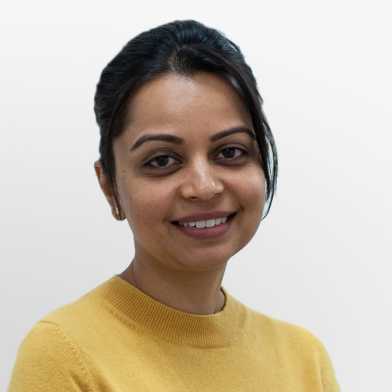
When donating to charities, asking about their administration costs is problematic says Shruti Patel. We need to ask better questions if we want our donations to help.
Sensational Kafka Trove
News
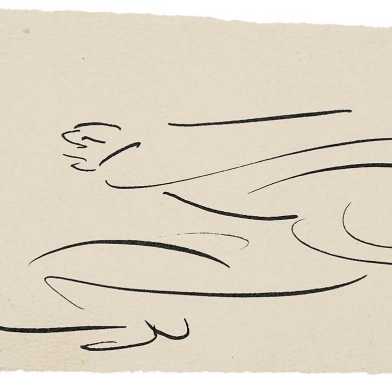
More than a hundred unpublished drawings by the German writer Franz Kafka are now presented for the first time in a volume edited by Andreas Kilcher, professor at ETH Zurich.
We must expand human rights to cover neurotechnology
Zukunftsblog
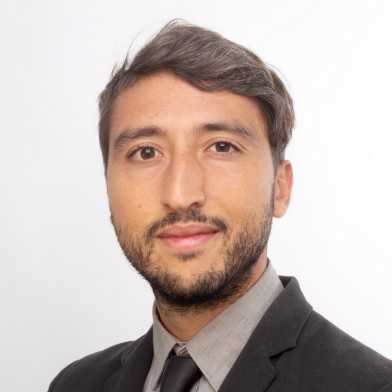
Technologies that interfere with our brains have great potential. But their ethical implications are such that they may require an expansion of human rights frameworks, argues Marcello Ienca.
Why the Covid certificate requirement is not discriminatory
Zukunftsblog
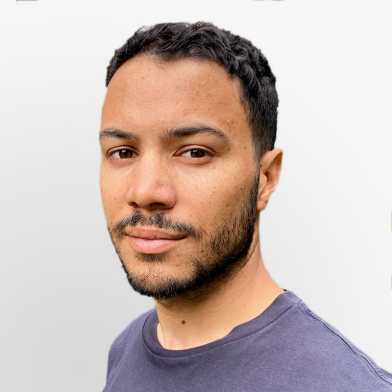
In his doctoral thesis, Dario Meili explores discrimination. Although there are instances of discrimination in our society, the certificate requirement is not one of them, he says.
"We have to ask ourselves what to do with hacked data"
News
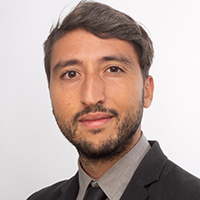
In recent years, there have been several incidents of hacked databases, and the hackers published the stolen data on the internet. Are scientists allowed to use such data for their research? ETH Zurich bioethicists Marcello Ienca and Professor Effy Vayena have addressed this question in a paper published in the journal Nature Machine Intelligence. ETH News spoke with Ienca.
Good intentions don’t guarantee good value
Zukunftsblog
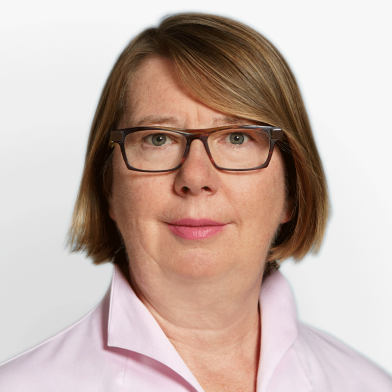
Out-of-school programmes designed to develop children’s science and technology skills are booming. Some may be helpful, but others are even harmful, argues Elsbeth Stern.
What are disruptions – and how should we judge them?
Globe magazine
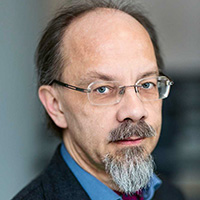
We register disruptions as a deviation from our expectations. We often experience this as a moment of uncertainty or as frustrated expectations. Does this mean that disruptions are always a bad thing? The philosophical essay explores these questions.
Changing defaults can have a significant and lasting effect
News

Electricity providers have a simple way of encouraging households and companies to procure power from sustainable sources. This can help lower CO2 emissions.
Twelve ERC Starting Grants for ETH Zurich
Press release
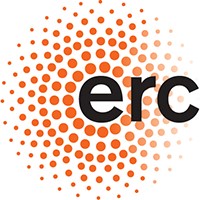
ETH has once again been highly successful in the awarding of this year’s ERC Starting Grants for young researchers, with the European Research Council (ERC) approving a total of CHF 21.4 million in funding for 12 ETH project submissions.
Using social networks to hasten a switchover
Zukunftsblog
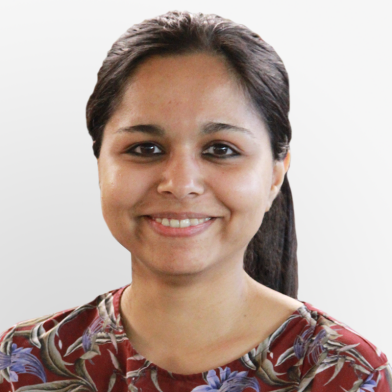
When making decisions, we’re often influenced by our social environment. This can be used in a targeted way to encourage people to adopt a healthier, cleaner lifestyle, writes Suchita Srinivasan.
On the trail of the Swiss Humboldt
News
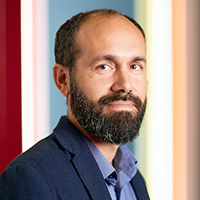
The Argentinian Tomás Bartoletti wants to tell history from a global perspective. Since the summer of 2019 he has been doing so at ETH Zurich, where he has been researching the story of the Swiss naturalist Johann Jakob von Tschudi and his travels around Latin America. He hopes to discover new insights into Switzerland’s postcolonial past and the history of Latin America.
Let’s talk about system change
Zukunftsblog
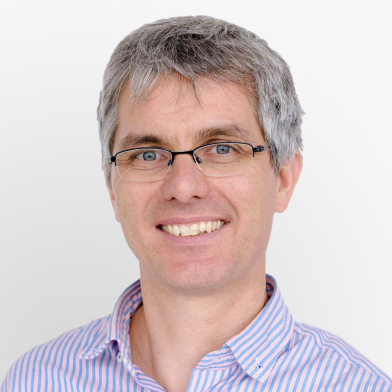
It’s 2020 and Christoph Kueffer is now into his fifth year of (almost) not flying. Whereas not flying hasn’t been difficult, talking about social change still is, he asserts.
Change of perspective
News
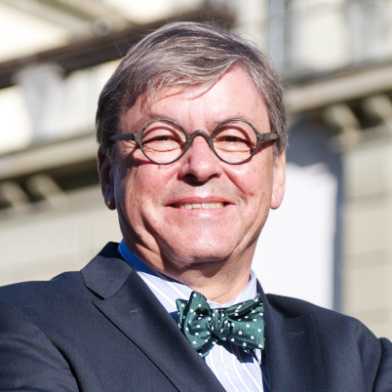
Gerd Folkers was the first head of Critical Thinking ETH (CTETH) and left an indelible mark on the initiative. After retiring from his professorship last year, he has now handed over leadership of CTETH to the next generation. As one of ETH’s most multifaceted intellectuals, Folkers could always be counted on to hold up a mirror to the scientific community.
Quantum computers and the future of computation
News

Are there limits to what computers are actually able to compute, and do quantum computers really solve more problems than conventional computers? Computer scientist Scott Aaronson will discuss these kinds of fundamental questions during the Paul Bernays Lectures 2019.
A good ear for time travel – or how time really ticks
News

Time is a fundamental dimension of human existence and comes in many forms. Using a comparative approach, philosopher and physicist Norman Sieroka looks at what distinguishes them, using time travel and music.
What unifies mathematics
News

Harvard mathematician Barry Mazur will talk about the unity and scope of mathematics on 11 September in his Paul Bernays Lectures at ETH Zurich. Variety enriches mathematics. This is why it is intriguing to enquire about a unification that combines different mathematical theories and methods.
Conflicting goals
Zukunftsblog
Safeguarding both humanitarian traditions and the interests of the domestic pharmaceutical industry creates tension in the Swiss health-related foreign policy, says Ursula Jasper.
Disoriented
Zukunftsblog
Although we have known the causes of our environmental problems and possible solutions for decades, not much has changed. Christoph Küffer asks why.
New physics lessons help girls catch up
News
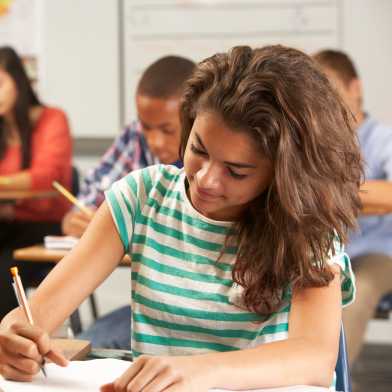
Many school pupils fail at physics because they misunderstand the fundamental concepts. A new teaching method can change this – ETH researchers have now proven its effect. It particularly helps intelligent girls to learn more effectively.
What does an image truly convey?
News
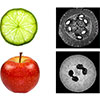
Philosophy of science in medical research: pharmacy students are learning how theory, methods and experiments affect scientific results and how to assess the significance of the results.
From the nucleus to CERN or the colours of freedom in particle physics
News
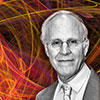
What do the smallest particles locked up in protons have to tell us about how the universe began and how it will end? This week, physics Nobel laureate David Gross will present three public lectures at ETH Zurich on the theme “A Century of Quantum Physics – from Nuclear Physics to String Theory and Beyond”.
"Don't rely on your holidays to make you happy"
News

Travel and happiness have a complicated relationship – even the Stoics were aware of this. An interview with philosopher Michael Hampe on the opportunities and risks that come with travelling.
The stories of survivors and life after the Holocaust
News
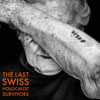
The "Last Swiss Holocaust Survivors" exhibition, which opens today at the ETH Zurich Archives of Contemporary History, tells the stories of how fourteen eyewitnesses survived the Holocaust and then went on with their lives.The exhibition has been extended until 15 June 2017.
What morals do intelligent machines have and need?
News
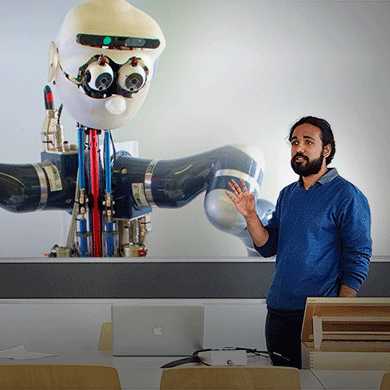
Sometimes it’s the questions, rather than the answers, that show how the world is changing. For example, questions about the moral consequences of machines and computers becoming more intelligent. A group of ETH students have tackled this issue.
Can conflict be predicted?
News
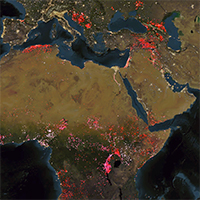
Modern data science techniques can also be useful in conflict research. However, in an essay published in the journal Science, Lars-Erik Cederman, Professor of International Conflict Research at ETH Zurich, suggests that certain expectations regarding the predictability of armed conflict are unrealistic. ETH News caught up with him for a chat.
Fifty years of the Archives of Contemporary History
News
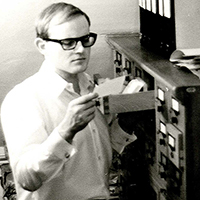
What began as a student initiative has today become one of Switzerland's most distinguished archives. Time for a quick retrospective and a glimpse into the digital future.
Polybahn Pitch with Elsbeth Stern
News
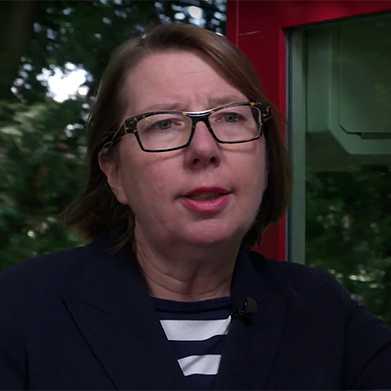
Elsbeth Stern, Professor for Research on Learning and Instruction, explains in a Polybahn Pitch why physics is a difficult school subject and why it may be worth familiarising children with its basic concepts at an early age.
Are there decisive answers to undecidable questions?
News
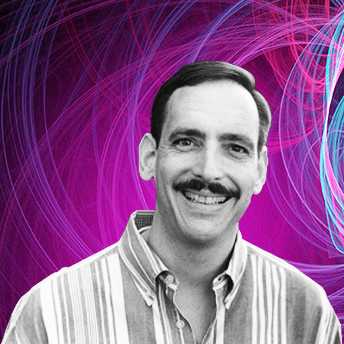
Unsolvable problems, the nature of the infinite and the question of whether and how mathematics can be definitively substantiated – these issues are the focus of the Bernays Lectures 2016. The speaker for this year’s honorary lectures at ETH Zurich is W. Hugh Woodin, Professor of Philosophy and Mathematics at Harvard University.
A humanities perspective on natural sciences and technology
News
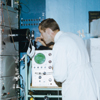
‘Science in Perspective’ is the name of a new study programme at ETH Zurich that will teach students of natural sciences and engineering the overarching normative, historical and cultural perspectives of their subject.
Everyone sees the world through their own prism
News
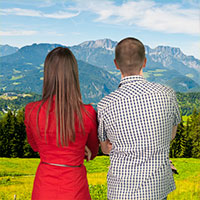
How can public opinion be influenced in favour of climate protection? ETH political scientist Thomas Bernauer explored the question in a recent study. His sobering answer is that there is no magic formula.
"Alan Turing's ideas still influence research"
News
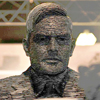
Founded in 2015, the new Turing Centre at ETH Zurich brings together researchers and students of science, engineering and humanities. In an interview with ETH News, Managing Director Giovanni Sommaruga and his New Zealand co-directors Diane Proudfoot and Jack Copeland explain why the Centre inspires blue skies research and what it all has to do with ‘child machines’.
Rohstoffreichtum – Segen oder Fluch?
Zukunftsblog
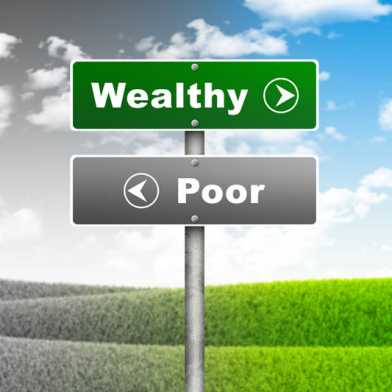
Mit Ländern reich an Rohstoffen verhält es sich ähnlich wie mit Lottomillionären: Die einen verlieren sich hoffnungslos und enden auf dem Sozialamt, die anderen starten durch und schaffen sich die Basis für eine erfolgreiche Zukunft. Nur: Warum blühen die einen auf, während andere darben?
Girls should expect poorer physics grades
News
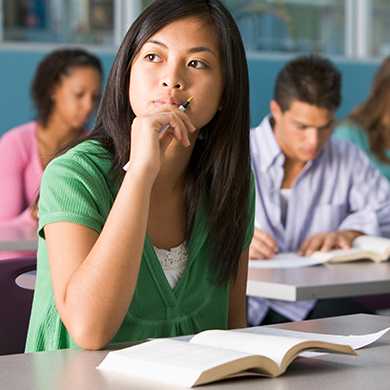
Secondary school physics teachers with little teaching experience handed out significantly poorer grades to girls than boys for the exact same performance. This was the conclusion drawn by an ETH learning specialist from a study she conducted in Switzerland, Germany and Austria.
At the frontier of the quantum world
News
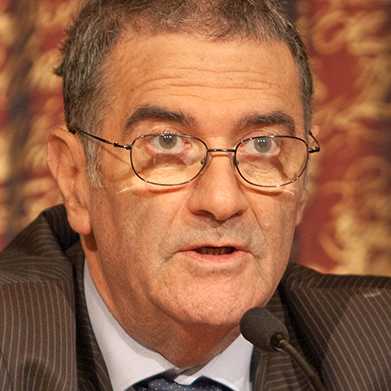
French Nobel laureate Serge Haroche will give the Paul Bernays Lectures next week at ETH Zurich. In his research he deals with the transition from quantum physics to classical physics.
Neural efficiency hypothesis confirmed
News
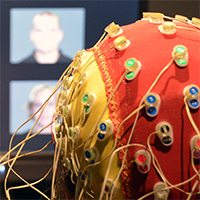
One of the big questions intelligence researchers grapple with is just how differences in intelligence are reflected in the human brain. Researchers at ETH Zurich have succeeded in studying further details relating to suspected functional differences in the brains of intelligent people.
The charm of the recent past
News
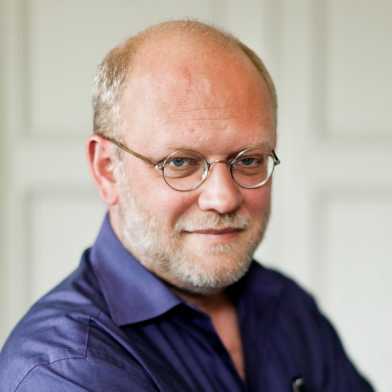
Monte Verità, or the "Mountain of Truth", was recently the setting for an international gathering of historians, aimed at finding new patterns of interpretation for the period between 1980 and 2010. David Gugerli, a Professor of History of Technology at ETH and conference co-organiser, discusses the bold conference format and key findings from the meeting.
Narrating the Anthropocene
Zukunftsblog

Recently, paired events – a lecture by geographer Kathryn Yusoff and a colorful evening “slam” – took place, organized by the fledgling interdisciplinary group, Environmental Humanities Switzerland. Both explored the potential and limits of the “Anthropocene” thesis: the idea that we’ve entered a new geologic epoch wherein humans are actively altering Earth systems.
How we get defectors to cooperate
News

When a person in a group violates a norm, he or she is often punished by the others. In a game theory experiment, ETH sociologist Andreas Diekmann shows that this defector is most likely to be punished if those injured by the violation have differing levels of strength. Among equals, in contrast, the defector tends to get away with it.
Switzerland’s ‘Grand Prix Literatur’ award goes to Adolf Muschg
News
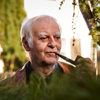
Adolf Muschg, emeritus professor of ETH Zurich, received the Swiss Grand Prix Literatur award for his complete literary works on Thursday. Federal Councillor Alain Berset honoured the writer at the ceremony of the Swiss literary awards.